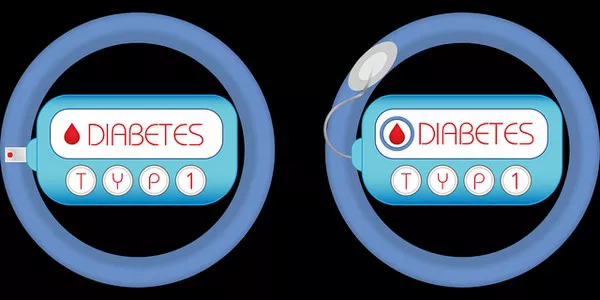On World Diabetes Day 2024, we take a moment to reflect on the recent strides made in the field of cell and gene therapy for diabetes. With 537 million people worldwide living with diabetes—nearly half of whom remain undiagnosed—the need for innovative solutions has never been greater. In light of this, many companies and academic institutions have been intensifying efforts to develop advanced therapies that could reshape diabetes management and treatment.
The Global Diabetes Epidemic
According to the International Diabetes Federation, diabetes is a global health crisis, with the prevalence continuing to rise, especially in low- and middle-income countries. As part of the World Diabetes Day observances, the focus is on the critical need to address the barriers to diabetes care, particularly in underserved regions. The continued progress in cell and gene therapy offers hope for better treatment options, potentially transforming the way the disease is managed in the future.
Cell Therapy: ProKidney’s Focus on Type 2 Diabetes and Chronic Kidney Disease
In September 2024, ProKidney announced its new focus on the phase 3 REGEN-006 (PROACT 1) clinical trial, which is investigating the potential of rilparencel (REACT), a renal autologous cell therapy, in patients with type 2 diabetes (T2D) and chronic kidney disease (CKD) in the United States. This trial represents a key step in the development of cell-based therapies for patients who suffer from both T2D and CKD, a common and serious complication of the disease.
ProKidney also revealed it would be discontinuing the REGEN-016 (PROACT 2) trial in Spain, citing that data from the US trial would suffice for regulatory approval. The company is optimistic that rilparencel could benefit from expedited approval under the FDA’s Regenerative Medicine Advanced Therapy (RMAT) designation. PROACT 1, which will involve around 685 patients, has been modified to focus on individuals with advanced CKD and albuminuria, with topline results expected in 2027.
Gene Therapy: Amarna Therapeutics’ Breakthrough with AM510 for Type 1 Diabetes
In August 2024, Amarna Therapeutics made significant progress in its pursuit of a gene therapy for type 1 diabetes (T1D) with AM510. Following a productive meeting with the FDA, the company received valuable feedback on its development plan, which will guide the future steps for the therapy. The company is moving toward submission of an Investigational New Drug (IND) application within the next two years, with the aim of advancing its preclinical work. AM510 aims to induce tolerance in T1D patients, potentially offering a novel way to treat or even cure the disease.
Henk Streefkerk, CEO of Amarna, expressed optimism following the meeting, emphasizing the importance of the feedback received and the company’s commitment to developing a treatment that could significantly improve the lives of T1D patients.
Cell Therapy and Diabetes: Vertex Pharmaceuticals’ VX-880 Shows Promise
Vertex Pharmaceuticals continues to make progress with its cell therapy, VX-880, designed to address T1D. The therapy, which aims to eliminate or significantly reduce the need for insulin in patients, has shown promising results in the phase 1/2 FORWARD trial. Data presented in June 2024 further solidified the potential of VX-880 to revolutionize T1D treatment, offering an alternative to lifelong insulin dependency. The findings have sparked optimism within the diabetes community, with hopes that VX-880 will become a pivotal development in the management of the disease.
SkinTE’s Role in Diabetic Foot Ulcers: A Potential Game-Changer
PolarityTE also made headlines in April 2024 with its groundbreaking work in treating diabetic foot ulcers (DFUs). The company began screening patients for a phase 3 pivotal trial of SkinTE, an autologous skin therapy that uses minimally polarized functional unit (MPFU) technology. DFUs are a significant complication of diabetes, with a high risk of amputation, hospitalization, and death. The SkinTE trial, aimed at demonstrating the therapy’s ability to regenerate skin and promote wound healing, represents a potential breakthrough in preventing the devastating effects of DFUs.
David Armstrong, a leading researcher in the field, expressed hope that SkinTE could provide a much-needed solution to prevent amputations and improve quality of life for diabetic patients suffering from foot ulcers.
Looking Ahead
The ongoing advancements in cell and gene therapy for diabetes offer hope for the millions of people affected by the disease worldwide. From innovative cell therapies targeting chronic kidney disease to gene therapies with the potential to cure type 1 diabetes, the coming years could see groundbreaking changes in how diabetes is treated and managed. As World Diabetes Day 2024 shines a light on these developments, the global community remains united in the fight to improve care and outcomes for those living with diabetes.
Related topics:
The Dangerous Link Between Kidney Disease and Diabetes
Even a Small Weight Gain Can Increase Diabetes Risk, Experts Say
Houston Event Highlights How Employers Can Support Employees with Diabetes



























